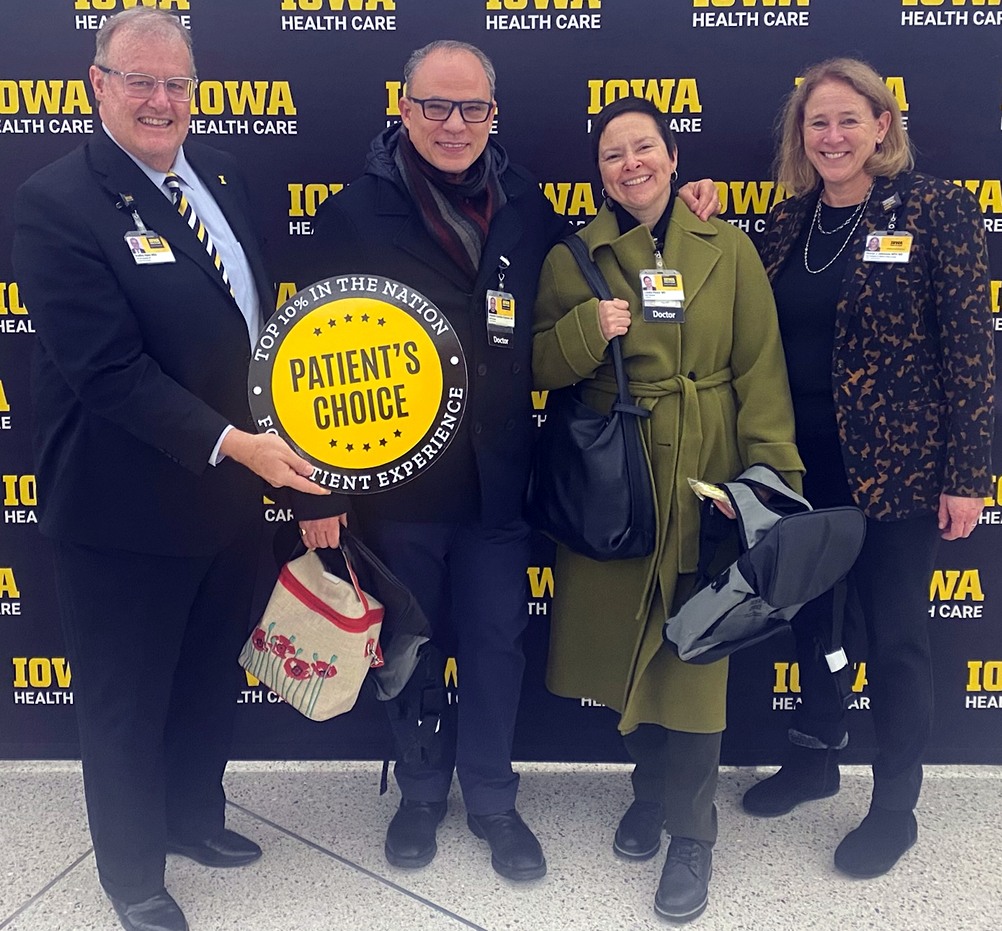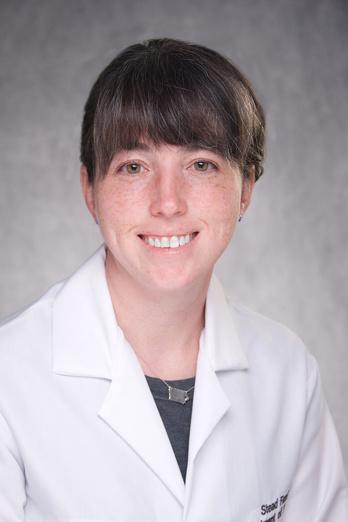We are pleased to report that 5 of the pediatric endocrinology providers in our division have received Patient Choice Awards. These awards are given out by UI Health Care to recognize physicians for consistently providing patients with an excellent healthcare experience with ratings in the top 10% nationally. The recipient physicians were:

- Vanessa Curtis, MD
- Katie Larson Ode, MD
- Liuska Pesce, MD
- Akhila Ramakrishna, MD
- Julie Osterhaus, ARNP
Dr. Pesce was furthermore recognized for having received the award for 5 consecutive years.
The Choice Award was earned by only 276 outpatient providers across the entire institution. The Award recognizes those who scored in the top 10% nationally in response to patient surveys asking whether the physician showed concern for patient questions or worries, gave explanations about problem or condition, made efforts to include the patient in care decisions, discussed proposed treatments (options, risks, benefits, etc), and whether they would be likely to recommend the care provider to others. Our division is fortunate to have these Award winning physicians on our team. We thank each of them for their wonderful work.





